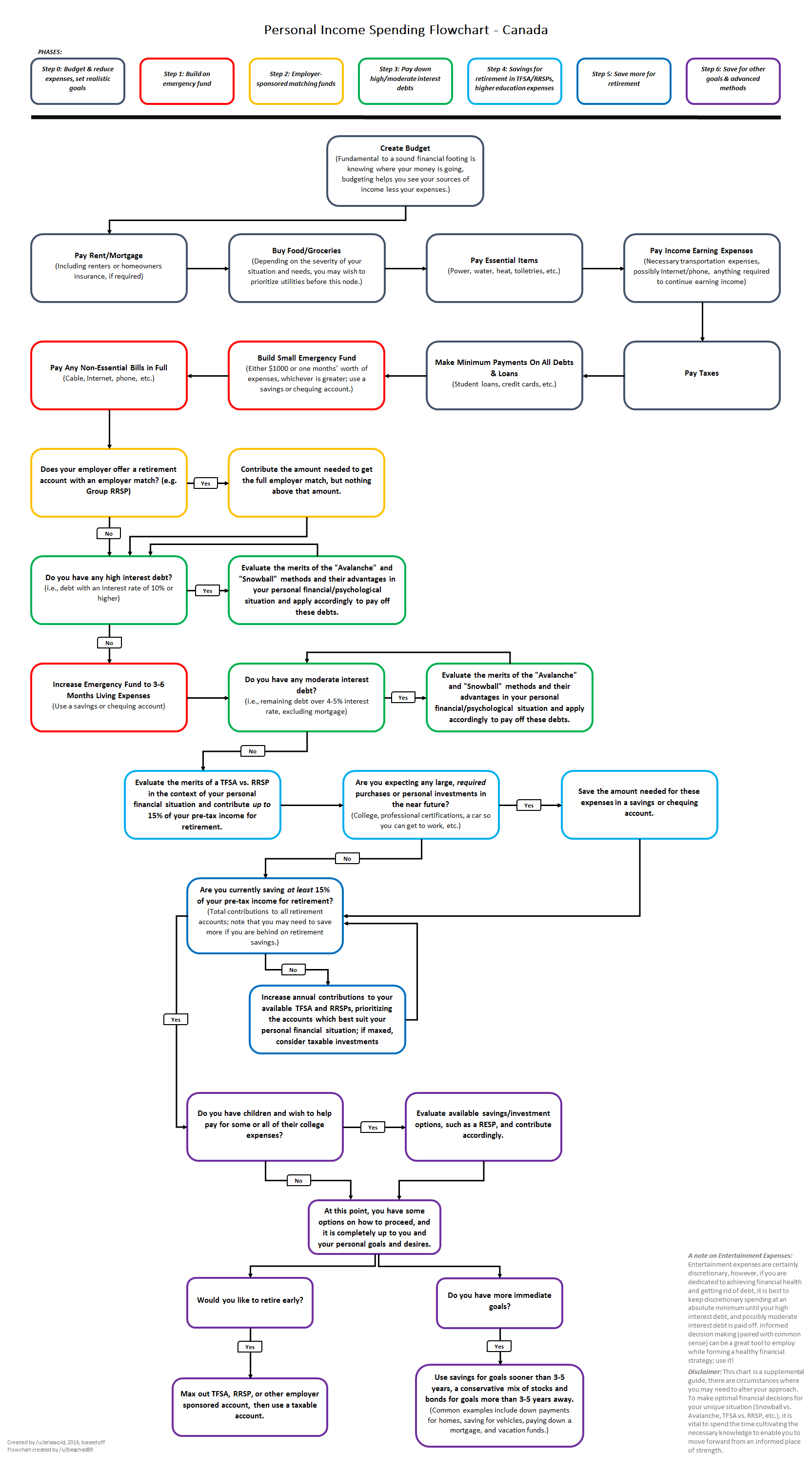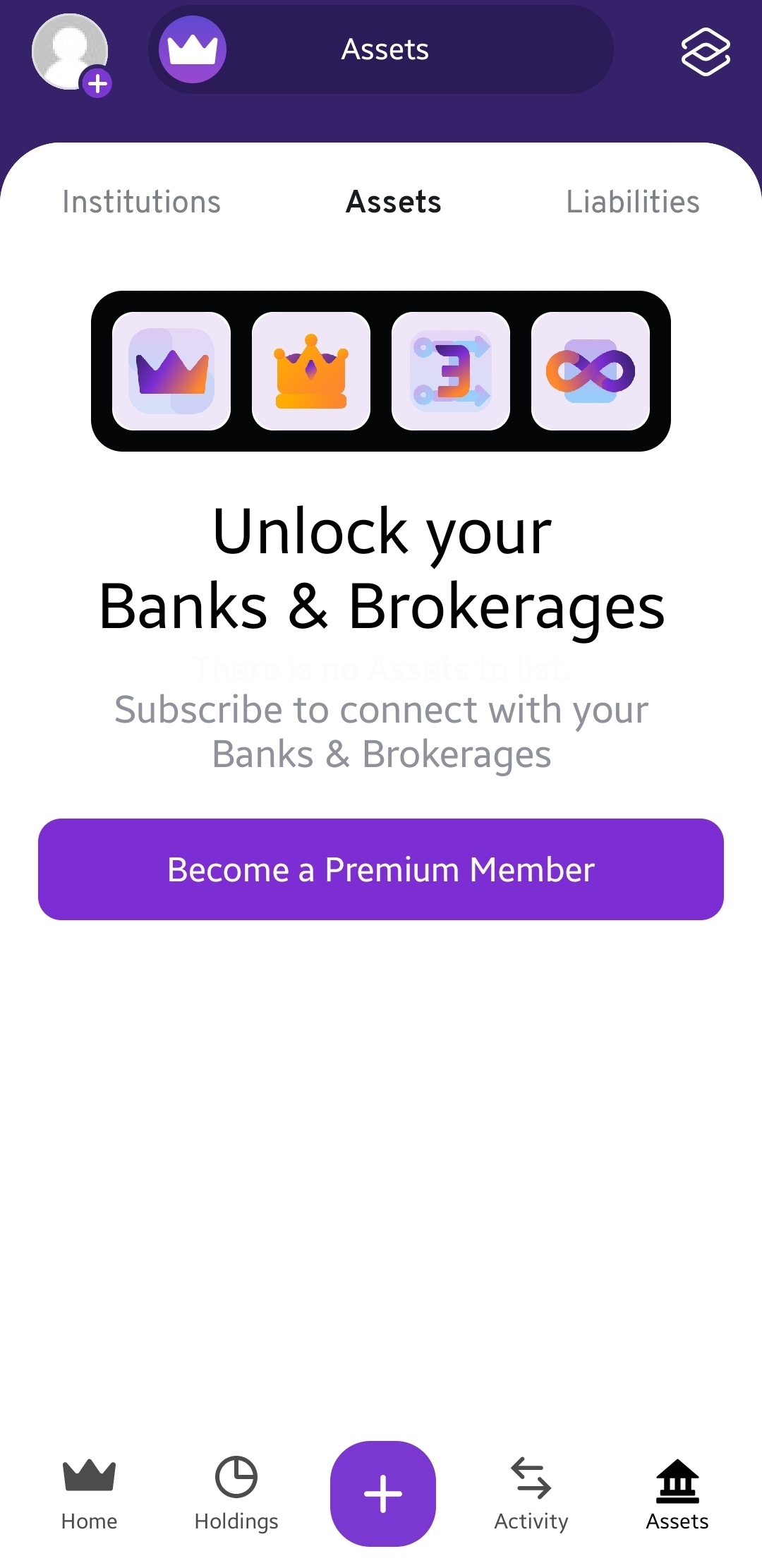Personal Finance Canada
1196 readers
1 users here now
Come and discuss anything related to personal finance, directly or indirectly, with other Canadians!
founded 1 year ago
MODERATORS
1
2
3
4
5
6
7
8
9
10
11
12
13
14
15
16
18
14
19
20
21
22
15
Does the latest Bank of Canada announcement mean it’s go time again for variable-rate mortgages?
(www.theglobeandmail.com)
23
24
25
view more: next ›

